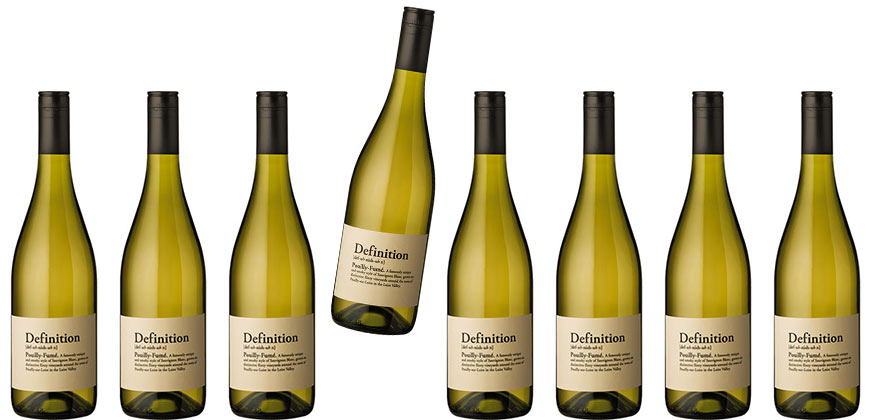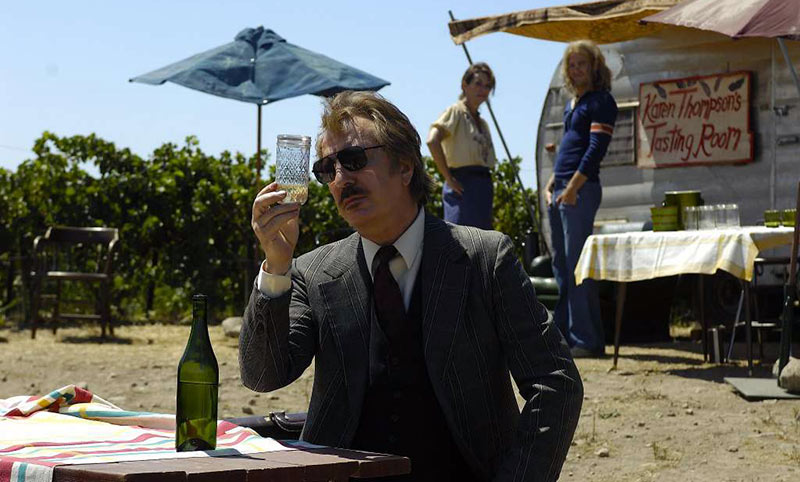If there is one thing more tedious than wine articles, it’s wine articles about other wine articles which is why I try not to do it much here, although I do renege on this from time to time. This is one of those times as yesterday I read a very enjoyable article at Jancis Robinson’s website about “own-label” wines, which Americans or others might know as “private label”. These are essentially wines made by a winery for someone else to sell and market with their, yes, own label.
One of the more successful examples of this from Priorat is the “Black Slate” line from European Cellars which is made for Eric Solomon’s import company in several different villages and cellars but all carrying his label and as I’ve understood from the people who have had the wines (you can’t find them in Spain) they represent an excellent value for the money. It’s a similar case when going in to say, Fortnum & Mason in the UK where you’ll find “Fortnum’s Champagne Blanc de Blancs” or “Fortnum’s Barossa Valley Shiraz”. No individual producer is generally listed and it’s the brand of that retailer above all else. For an established brand, it’s easy to see why this is popular with the consumer as it offers what one would think to be a reliable wine at a good price and with little need to be some wine expert to remember what producer and year you should buy. You’re in to Barossa Valley Shiraz? Well, then you’re done and don’t have to remember that Penfold’s or Jacob’s Creek or others are the individual producers from this region in Australia.
The author of the article, Simon Reilly was pondering this after having been presented with a bottle of Majestic Wine’s “Definition Pouilly-Fumé”. I can only assume that the Loire’s Pouilly-Fumé Sauvignon Blanc is the UK’s equivalent of the US’s old school oak-buttered Chardonnays from California and as such, Simon immediately thought, “Crap, who I can I re-gift this to?” Instead of doing that, he wrote up a witty and enjoyable article comparing these own-label wines with counterparts from independent wine merchants selling “winemaker label” wines.
Was it scientific? Not really. Was it the end-all be-all ruling on the subject? Nah. But, it was revealing in what he found in this small sample as the indie shops trounced the chain supermarket own-label wines not only in taste but in quality for cost. Yes, amazingly, your money goes further with both smaller wine shops and producers. This shouldn’t be a shock as the producers of own-labels tend to get less than those who are directly selling as supermarkets buy in bulk and will pay accordingly. Thus, someone producing their own wine, while having to make considerable more effort to sell than just dumping 50,000 bottles on pallets headed to Aldi’s warehouse, are going to be able to make a higher quality wine in theory as they’re getting paid more for it.
Undoubtedly, if taken over a larger sample size, exceptions would pop up but I can’t help but believe if you wanted to drink well, you would always shop with an indie merchant who, if they’re good, will take all the memorizing various regions and grapes aspect of wine selection out of the equation for you. Still, I can understand why people would buy own-label and I suppose it’s better that they buy a name they feel they can trust rather than just trusting price alone.


